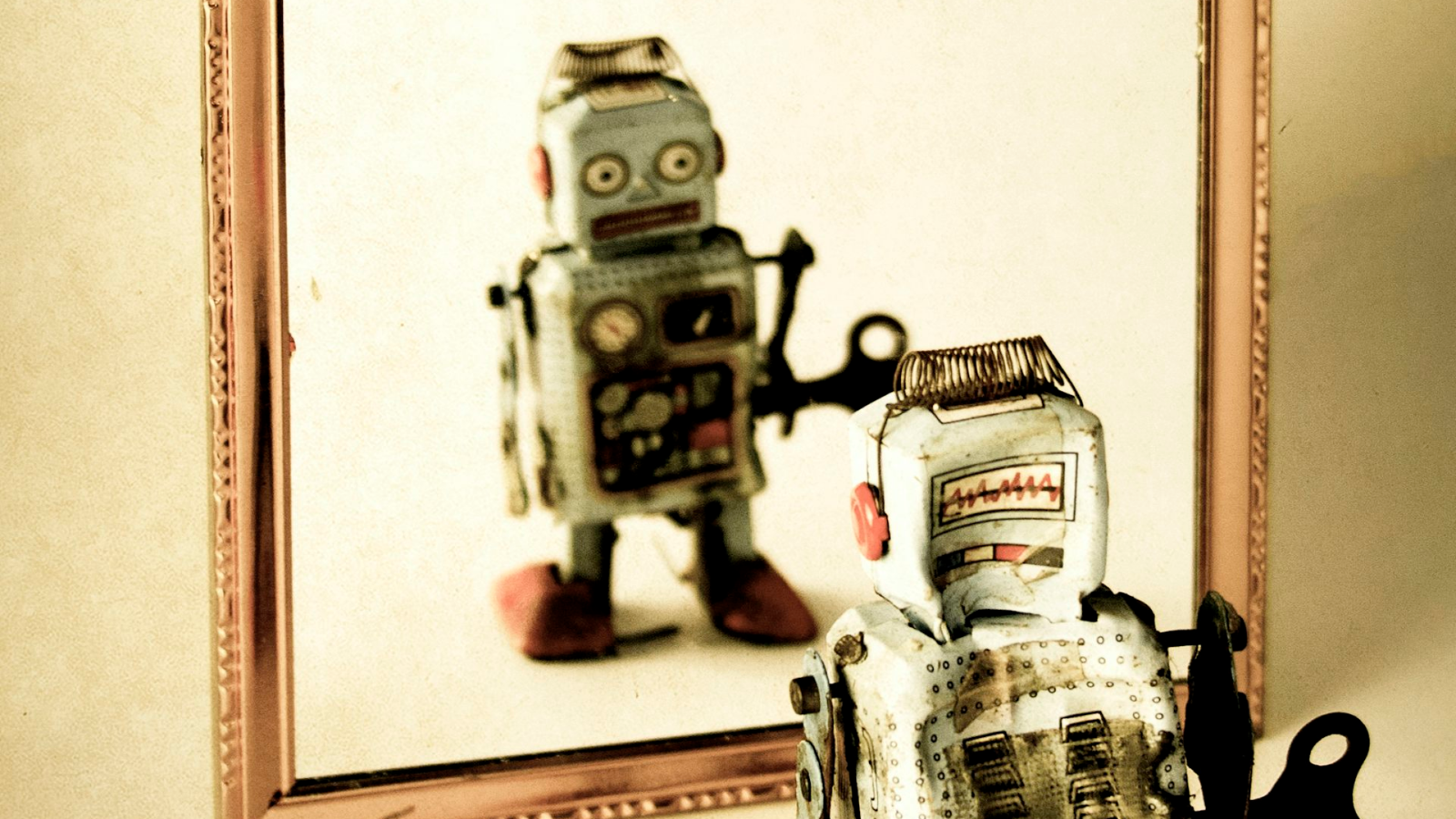Myth or Truth? 7 Ancient Health Ideas Explained
Intro
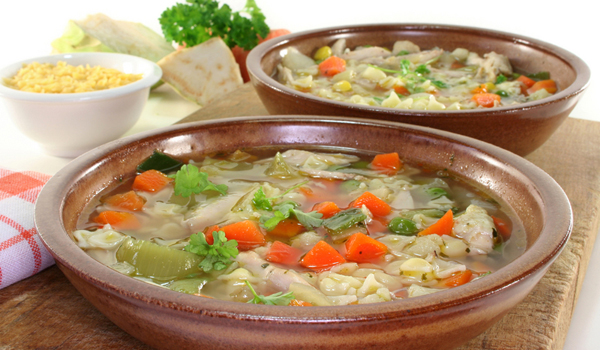
Some ideas of health lore seem based purely on superstition. Swallowing a pumpkin seed won't cause an actual pumpkin to grow in your stomach. And cats can't steal the breath of babies simply because both drink milk (many cats are actually lactose-intolerant).
But some ancient words of advice seem a bit more plausible, and could have roots in medical truths. MyHealthNewsDaily asked the experts which of some common cultural wisdoms hold up in the light of science.
The importance of a hot-cold balance
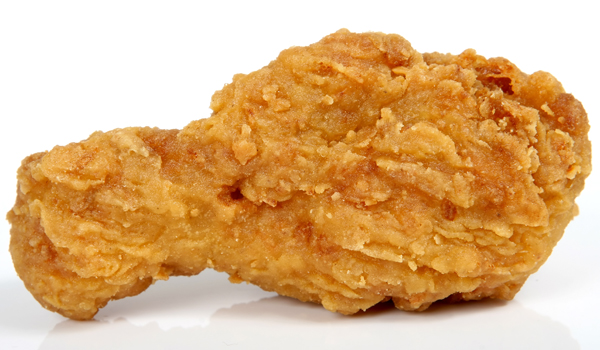
In Eastern cultures, maintaining a balance of hot and cold in the body is thought important. In Chinese culture, for example, crispy or fried foods, beef, chilies and peppers are considered "hot" foods, while soy beans, lettuce and oranges are considered "cool" foods.
According to Chinese beliefs, an imbalance of "hot" and "cool" in the body is thought to cause sickness, said Dr. Chun-Su Yuan, director of the Tang Center for Herbal Medicine Research at the University of Chicago Medical Center.
"Based on Chinese medicine theory, a healthy person is in good balance between cold and heat," Yuan told MyHealthNewsDaily. When a person eats too many "hot" foods, there is a hot imbalance called "yeet-hay."
But can crispy or spicy foods make you sick?
In a way they can, said Dr. Alan Weiss, an internal medicine physician at the Cleveland Clinic in Ohio.
Get the world’s most fascinating discoveries delivered straight to your inbox.
"If you have acid reflux disease , eating spicy foods can make you feel worse and, in that way, can make you sick," Weiss told MyHealthNewsDaily.
And crispy foods are usually fried, and overconsumption of fried foods can increase the risk of heart disease, he said.
However, many people who eat spicy foods don't get sick at all, Weiss said. There's no scientific basis in saying that all spicy foods can make you sick, he added.
Hot toddies for a cold or flu
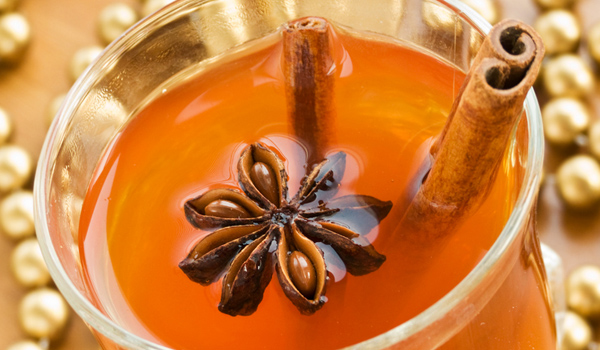
Hot toddies a concoction of whiskey, boiling water, honey, lemon and cloves are touted by the Irish for soothing and killing a cold or a bout of flu.
But scientific evidence doesn't support hot toddies as a cure for either ill, Weiss said. And while alcohol kills some bacteria in the stomach, if we're sick, disease-causing bacteria or viruses are already circulating throughout our bodies, and alcohol can do little to them, he said.
However, hot toddies can help relieve symptoms of cold or flu because the steam from the drink can open up nasal passages, he said.
And if your cold is making it hard to sleep, the alcohol may help you doze off sooner, he said.
"It won't cure the flu and it won't decrease the length of the flu, but it certainly could help with some symptomatic relief," Weiss said. "If a hot toddy makes you feel better, go for it."
Shiatsu
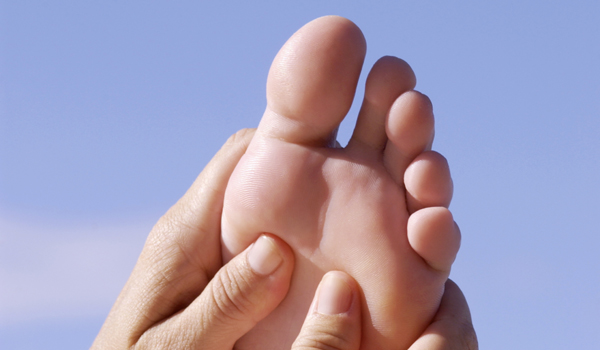
Shiatsu, a type of acupressure , is a hands-on healing method from Japan believed to relieve disease and pain when a practitioner presses certain pressure points on the body. These pressure points are found in different regions of the body, and pressing on them is believed to stimulate a flow of energy to those parts of the body.
But there is no scientific evidence that shiatsu works in this way, Weiss said.
However, shiatsu could have some therapeutic benefits by helping relax and relieve tender muscles, he said.
"When I think about traditional medicine and therapies, it's a pretty easy one to say it's not going to hurt you, but it could help," Weiss said.
Past studies have shown that acupressure can help with brain function and stress relief. A study published last month in the Journal of Neurotrauma showed that acupressure enhanced memory function in people who survived traumatic brain injury.
And a study published online last year in the journal Evidence-Based Complementary and Alternative Medicine showed that acupressure reduced fatigue in cancer survivors.
Chicken noodle and matzo ball soup

Chicken noodle soup and matzo ball soup (both sometimes referred to as "Jewish penicillin") have quite the reputations for curing the worst cold or flu with just a few steaming bowls.
But while the combination of warm broth and comforting ingredients tastes good and feels good, there's no evidence that either soup can cure you of anything, Weiss said.
However, steam from soup can break up the phlegm that collects in your body when you're sick, he said.
"Jewish penicillin won't cure anything, but it'll make you feel better," Weiss said.
Some research suggests chicken noodle soup may work better as a placebo. A 2000 study in the journal Chest showed that chicken noodle soup with vegetables decreased the action of white blood cells that spur inflammation (which contributes to the symptoms of the common cold).
Wind, cold and wet hair

In Romania, any sort of wind or breeze is considered a harbinger of sickness. In Ethiopia, the ominous "berd," which means cold, waits at every cracked window, fast-moving car or slightly ajar door. Berd can supposedly result in aches and even paralysis.
But there's no health-related reason to be afraid of wind, Weiss said.
"Wind can make you colder, but it won't give you the flu," Weiss said. "There's no evidence that that will do anything."
But what about going outside in the cold with wet hair? In Latin countries, such as Cuba, "not only is it true that going out with wet hair is considered risky for one's health, but also washing one's hair with cold water is considered risky and thought to provoke illness," Hanna Garth, a cultural anthropologist from the University of California, Los Angeles, told MyHealthNewsDaily.
But there's no scientific proof that going out with wet hair will make you sick, either, Weiss said.
Your head gives off a lot of heat, so it's possible to lose a lot of body heat through your head if you have cold hair, he said, but going outside in the cold with wet hair won't give you a cold or the flu.
Flaxseeds for digestive problems
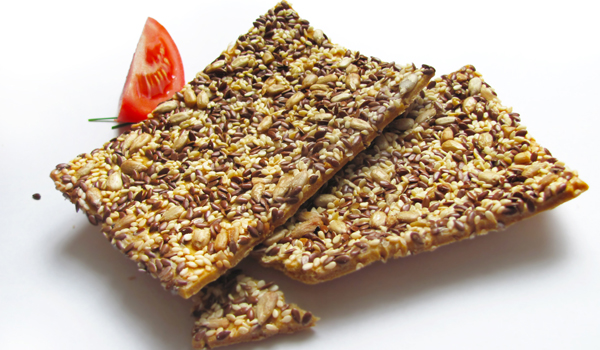
In Africa, flaxseeds are used to cure a number of ills (and are used as an ingredient in hair gel, too). They are thought to lower cholesterol and cure diarrhea, constipation and stomach ulcers.
There is a lot of truth to this old belief, Weiss said. Flaxseeds contain fiber and a lot of omega-3 fatty acids. Fiber relieves constipation and lowers cholesterol, he said.
A study published this month in the journal Archives of Internal Medicine even showed that a fiber-rich diet can reduce a person's risk of overall death over a nine-year period because it can help ward off heart disease and respiratory disease.
But there's no evidence that flaxseeds can help with diarrhea or stomach ulcers, Weiss said.
Bloodletting
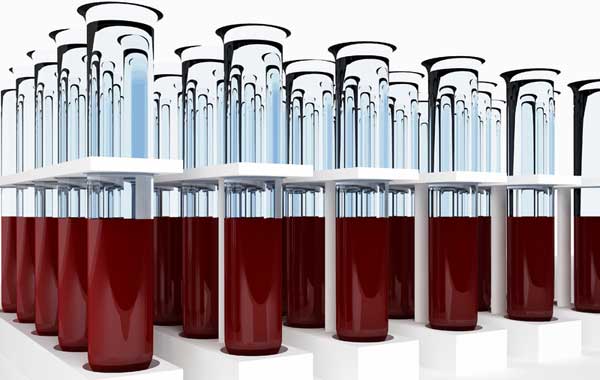
In countries everywhere, including the United States, bloodletting (also known as phlebotomy) has been used in hopes of curing diseases, but has met with limited success.
In Ethiopia, for example, a traditional healer may cut a vein in the arm or the back of the neck to suck out "black blood" that is causing malaise.
But relying on bloodletting to cure disease is a bad idea, Weiss said. People need blood to fight disease, so removing blood won't help win the battle, he said.
However, there are some rare instances in which bloodletting can be beneficial. A six-year Veterans Administration study of 1,277 people, published in 2007 in the Journal of the American Medical Association, showed that drawing blood every six months reduced heart disease, heart attacks and stroke for people who have peripheral arterial disease.
The study researchers said they thought bloodletting improved their patients' health by removing some of the body's iron. Too much iron can spur arterial damage.
Pass it on: Those ancient cultural health wisdoms passed down from your grandma may hold some heft even if it's just to soothe illness, rather than cure it.
Follow MyHealthNewsDaily staff writer Amanda Chan on Twitter @AmandaLChan.
 Live Science Plus
Live Science Plus






